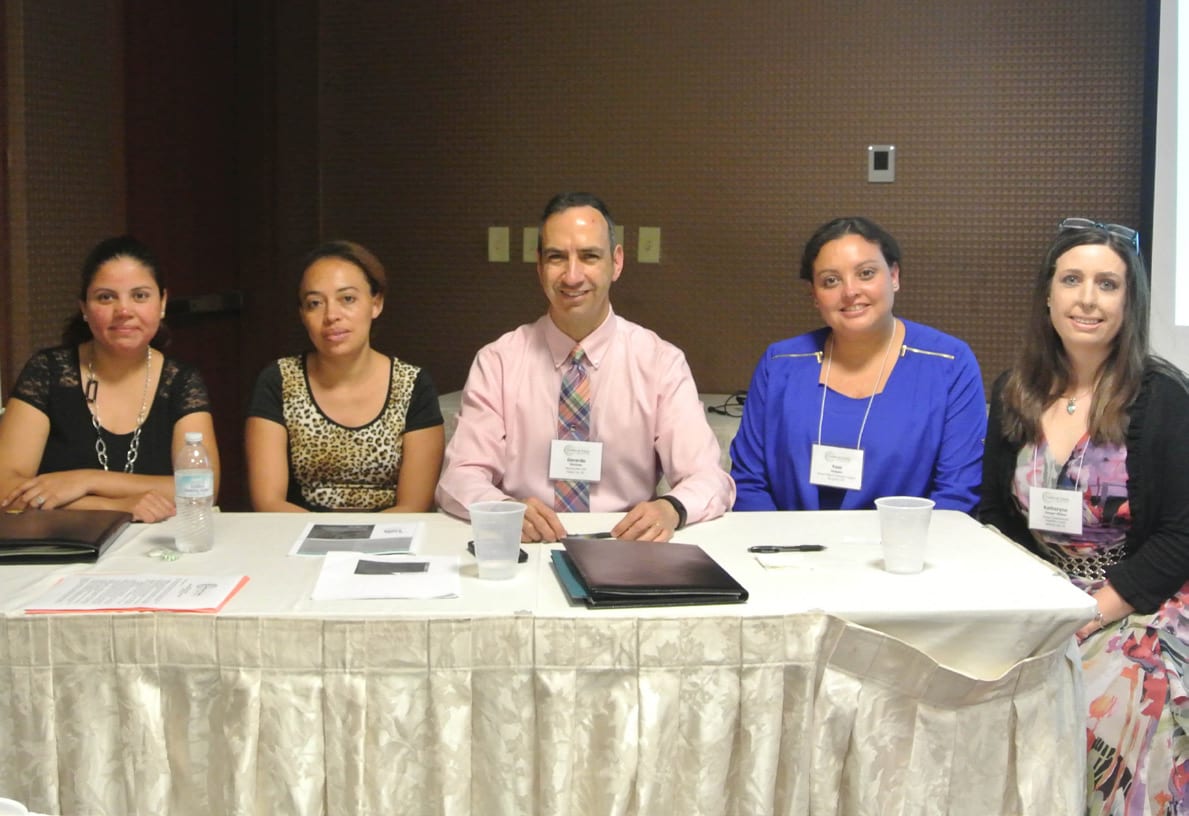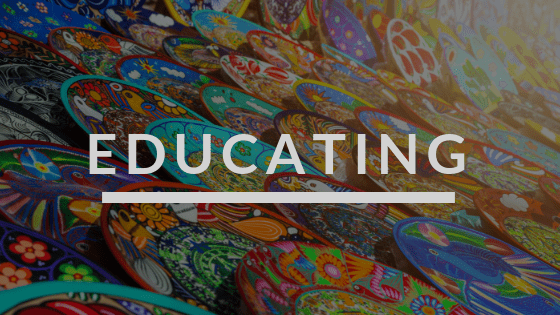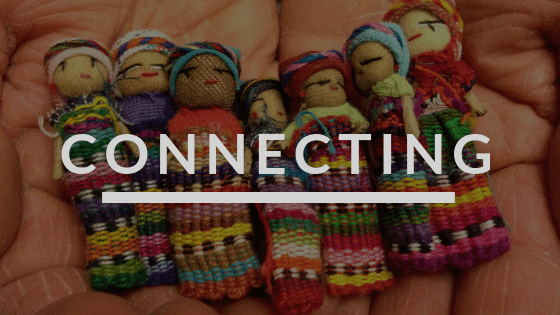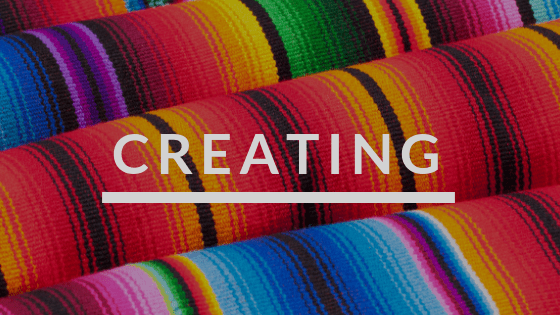
ABOUT
In response to the increasing Latinx population in Missouri, as understood from the 2000 Census, Alianzas was created in 2001 to enhance the ability of University of Missouri Extension and its partners to respond to the needs of Latinx immigrants and the Missouri communities that receive them. This was to be done through the implementation of outreach programs that focus on a community-based, collaborative learning approach.
Our program is here to facilitate and promote an effective intercultural communication. We form alliances with MU Extension and its specialists, the Latinx residents and the larger community of our great state of Missouri.
As we speak of “Intercultural Communication” some people believe that speaking another language fluently and visiting other countries makes them experts in what intercultural communication is all about. Certainly speaking the local language is very helpful. However, social interaction is about much more than language skills or experiencing such visits to foreign countries. (Internations)
The very phrase, intercultural communication suggests that is about a deeper cross-cultural competency rather than about language and interpersonal skills only. Let’s think for a moment on the etymology of the prefix; Inter…c.1300, from Old French: enterer , from Medieval Latin interrare “put in the earth, bury,” from Latin: it meant “between,” “among,” “in the midst of,” “mutually,” “reciprocally,” “together,” “during”.
Our program invites for a comprehensive reciprocity and equality among cultures. Such communication is based upon principles and values such as; respect, trust, self-awareness acceptance, freedom, understanding. Here relationships are transformed, and shaped through cultural diversity interactions. There is transformation and mutual gifting, racial and cultural power imbalances are addressed. (2011 The United Church of Canada)
Alianzas Objectives
- To enhance the capacity of University of Missouri Extension staff in responding to Hispanic/Latinx-related issues;
- To enhance the capacity of the University of Missouri-Kansas City in responding to Hispanic/Latinx-related issues;
- To build a relationship with local governments and the Mexican Consulate;
- To problem-solve on issues related to immigration, culture, language and other related Hispanic/Latinx issues;
- To introduce coalition-building as a problem-solving tool for improved community development;
- To assist with the implementation of community-based activities;
- To assist with the expansion of University of Missouri Extension’s outreach programs in the State.




